Five months after moving to Berlin for my year abroad (a compulsory part of my German degree from the UK) the German capital is certainly a destination I’d recommend.
Although it’s less “traditionally German” than many other corners of the country, and simultaneously more comparable to the blanket big city experience worldwide, Berlin’s unique history and culture make it a great place to explore – and unsurprisingly very popular with international students.
Like all capitals, it has its pros and cons, so here’s what stood out to me during my experience so far.
Arrival
You’ve probably heard horror stories about the Berlin housing market, and from experience I can say they’re largely true. Finding an apartment here before moving to the city is notoriously difficult, and more expensive than in other parts of Germany.
What you should bear in mind, however, is that unlike other German cities, Berlin doesn’t impose fines if you’re unable to secure a registration appointment within two weeks of arrival (three months if you already have a visa). This makes searching for a good WG, Studentenwerk, or other rental far easier post-arrival if your first stop is a homestay or somewhere else temporary.
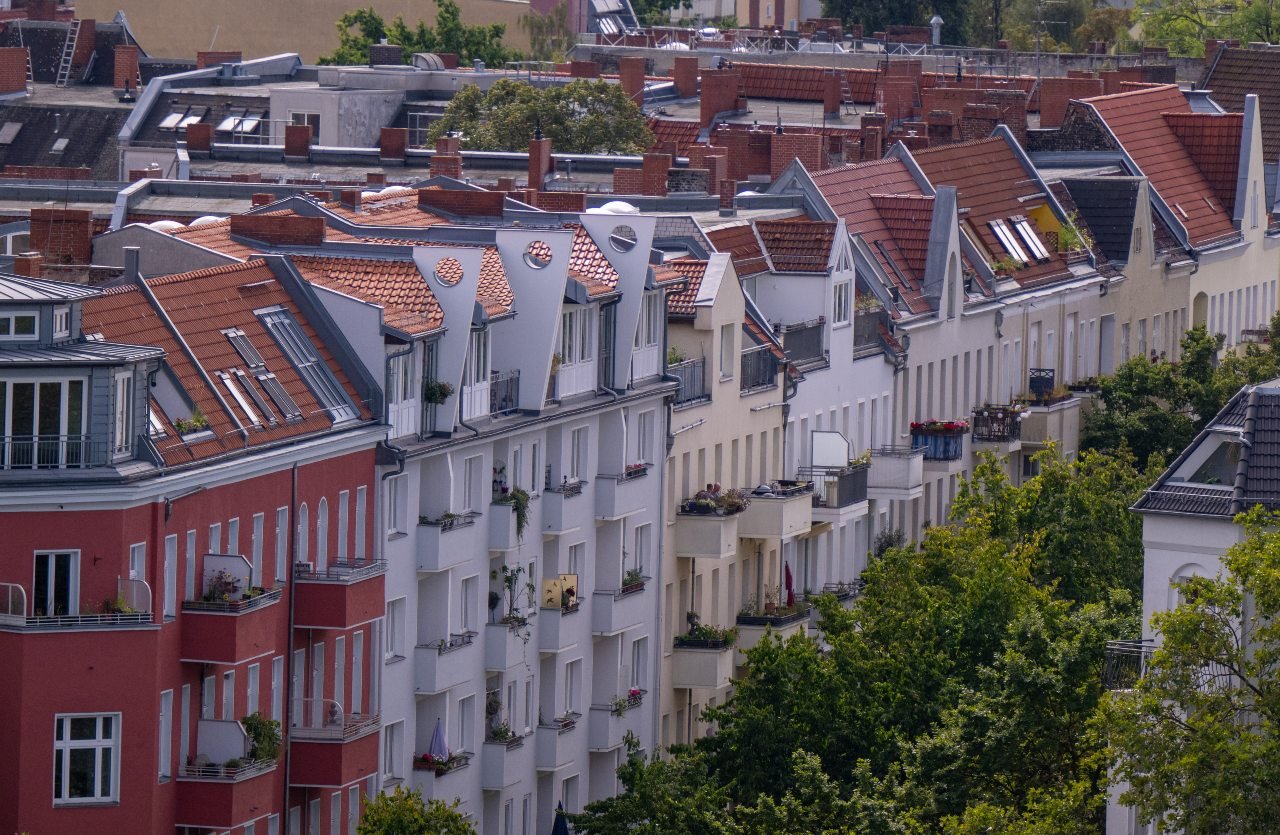
Despite a recent wave of strikes and construction work, transport links in Berlin are still very strong. If you’re enrolled as a student during your year abroad, you’ll be entitled to a discounted pass for city transport, including a number of tram, bus and train options that run all the way to the city’s outskirts and even into Brandenburg (Zone C).
What’s more, direct trains from Berlin’s BER Airport make it more accessible than more remote locations in Germany when you arrive equipped with a year’s worth of luggage.
English
My German tutors in the UK were slightly concerned when I chose Berlin, because they didn’t think I’d have much opportunity to practise my German. Looking back, this worry wasn’t without cause, and if your primary goal is German language improvement, it may be worth considering somewhere more rural or less international.
Unlike small towns I’ve visited elsewhere in Germany, where many people speak little to no English, it’s everywhere in Berlin. Because the international population is so large, new friends from any country are likely to speak it by default.
However, this can obviously be mitigated by signing up for German-only university classes, as I’ve done as an exchange student at Humboldt University, or finding a German language job. And on the flip side, if you’re here to study a discipline other than German, the ubiquity of English in Berlin has you covered.
READ ALSO: The top German cities for international students in 2024
Cultural Experiences
Unsurprisingly, Berlin offers no end of unique cultural experiences. For new arrivals, there’s plenty to fill your time with, and I’d really recommend “playing the tourist” for a couple of weeks while you settle in.
Bucket-list locations include the National Gallery and museums on Museuminsel, the Berlin Wall memorial, the Brandenburg Gate, and the site of the Berlin airlift at Tempelhof. And beyond this, there’s never a shortage of things to do – walks around Tiergarten and the customary Sunday flea markets (Flohmarkt am Mauerpark being the most famous) are popular with visitors and locals alike.
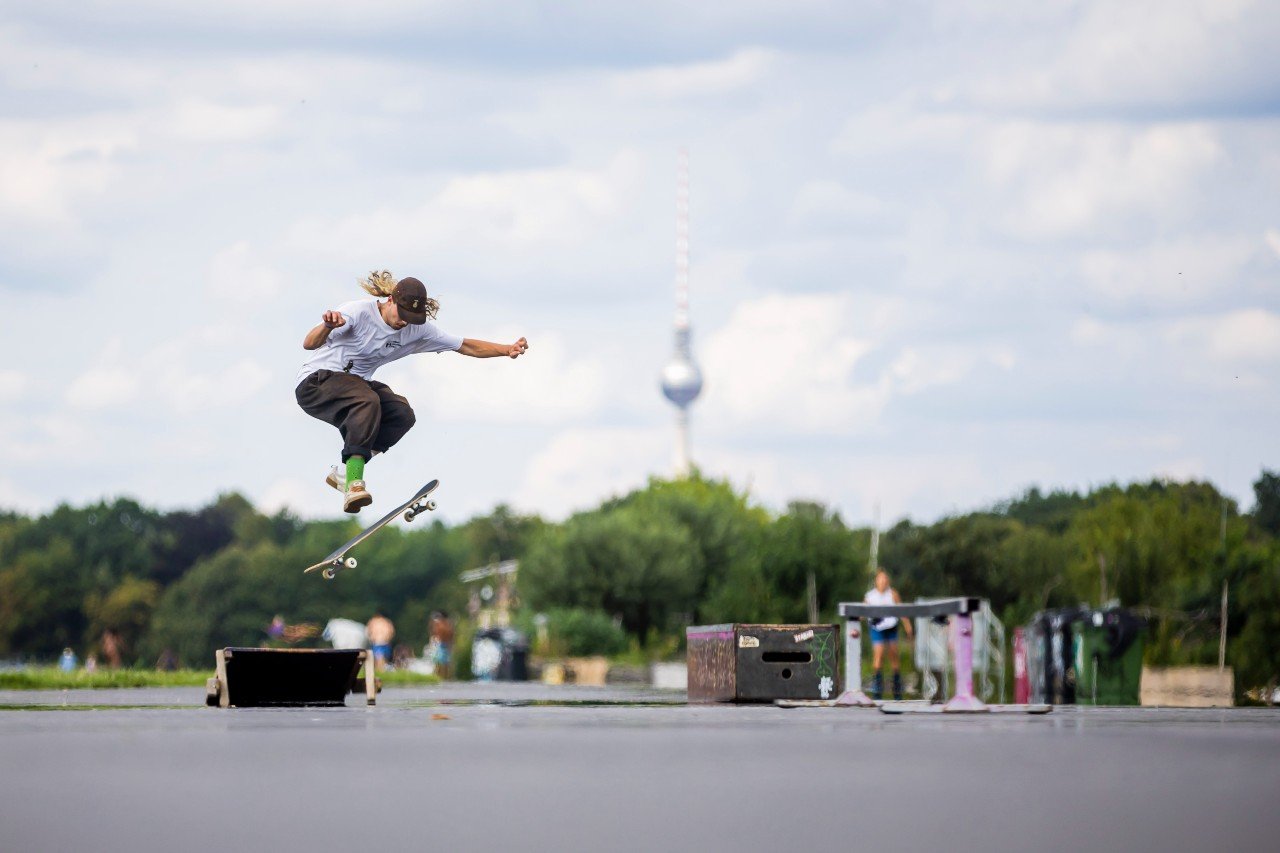
Something I’ve also really enjoyed after being here for a while is noticing the small details which differentiate the former East and West Berlin sectors, such as different traffic lights and types of transport. While much of the architecture is admittedly stark, grey and not as pretty as other parts of Germany, the way in which present-day Berlin is a visible product of its recent history makes it a fascinating place to live.
READ ALSO: How do I get a student visa for Germany and what does it let me do?
Pros & Cons
Any culture shock inevitably comes with both positives and negatives, and these are a few which particularly struck me after moving to Berlin from the UK.
Cons: many shops refuse to take card payment and only accept cash; all shops and supermarkets close on Sundays; there’s no guarantee of being let into a club or bar on a night out, and the traffic lights genuinely seem to conspire against drivers and pedestrians alike. (Also, the weather in winter really will destroy your soul, and this is a Brit talking…)
Pros: the quality of food is much better here than in the UK, and cheaper; the cost of alcohol is much lower; public transport is cheaper and more efficient than in London; work-life balance and mental wellbeing are taken very seriously; and finally, there’s a far less visible “class system” than in the UK, possibly due to the greater access and affordability of German universities. (This is really nice, especially if you’re coming from a UK university where socio-economic prejudice is very common.)
READ ALSO: How to stay in Germany after graduating from a German university
Overall, Berlin has been a vibrant place to spend my exchange semester. Not only has it given me insights into the most significant shifts in recent German history, but it also offers the archetypal experience of living in a bustling, multicultural city. So while it’s distinctly different to anywhere else in Germany you might be considering, the variety of things to see and do in Berlin will keep you engaged for your full year abroad.

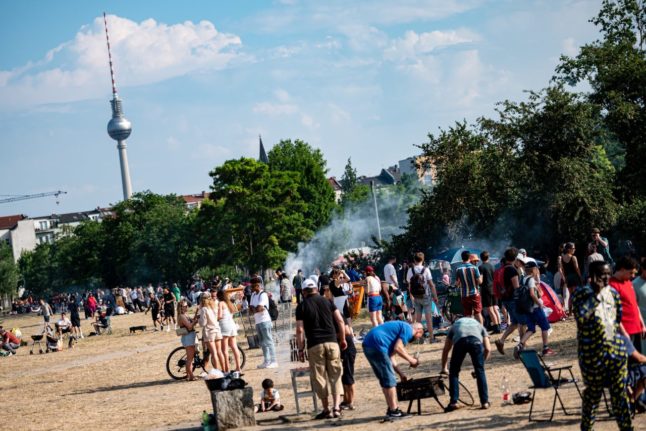
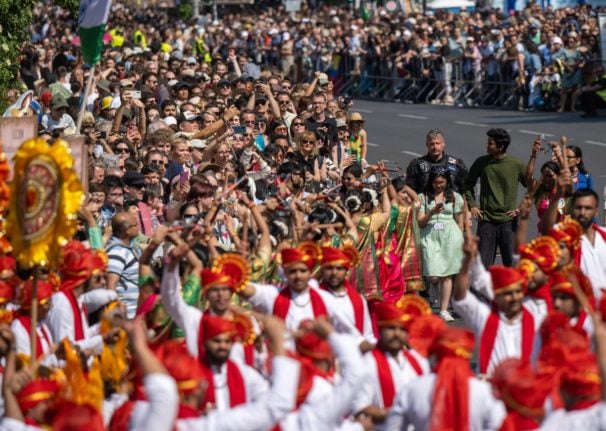
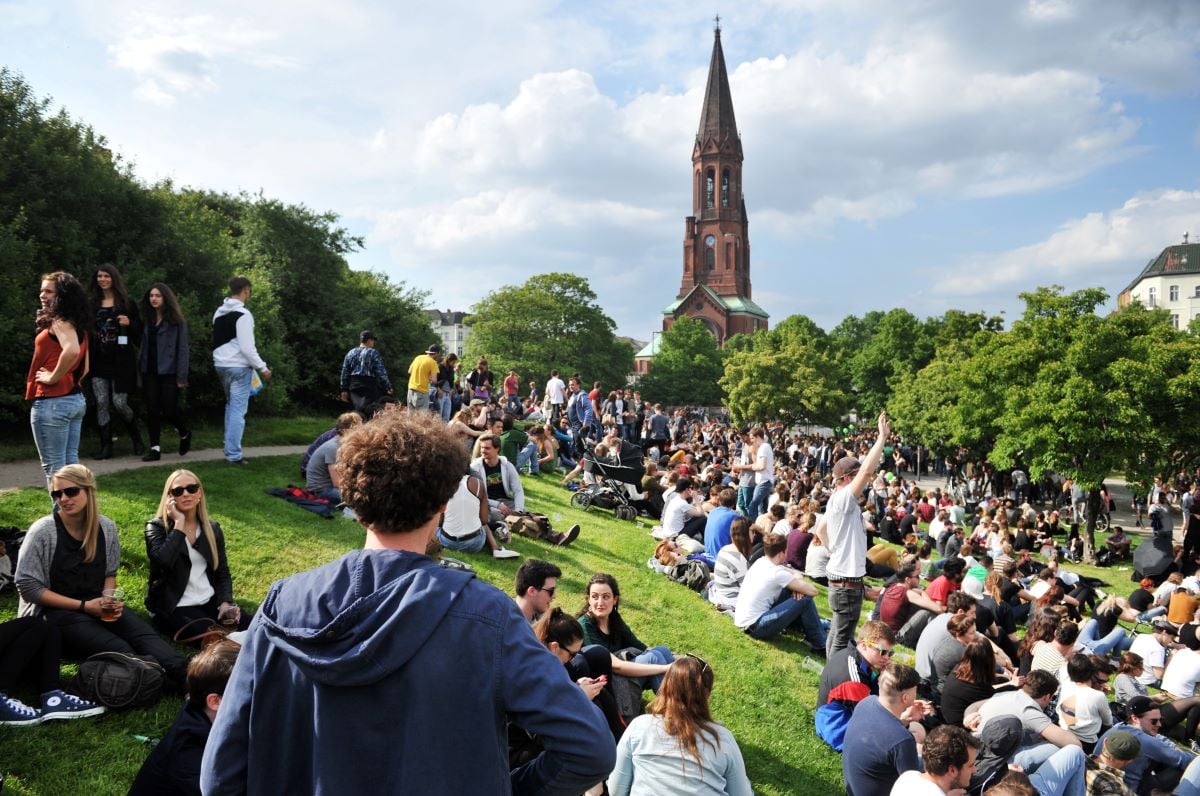

 Please whitelist us to continue reading.
Please whitelist us to continue reading.
Member comments